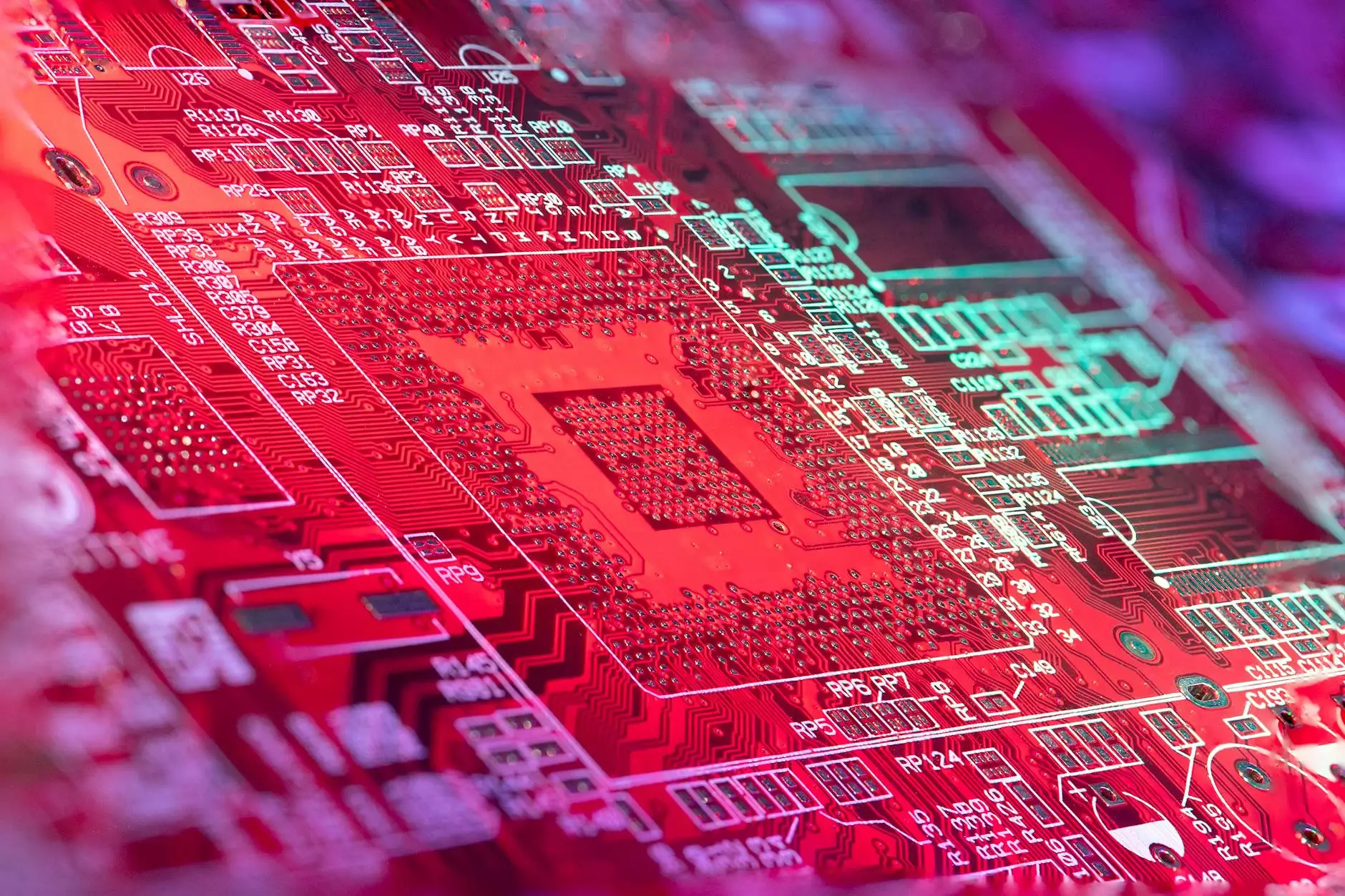Unlocking the Potential of IP67 Cameras for Electronics Businesses

The Power of IP67 Cameras for the Electronics Industry
The electronics industry is a fast-paced and highly competitive market where businesses constantly strive to stay ahead. In this modern era, technology advancements play a crucial role in driving success and maintaining a competitive edge over the competition. One technology that has revolutionized the industry is the IP67 camera.
Understanding IP67 Cameras
IP67 cameras are designed to withstand extreme environmental conditions, making them ideal for a wide range of applications in the electronics industry. These cameras are built with a high level of ingress protection, ensuring resistance to dust, water, and other potentially damaging elements.
The Features and Advantages of IP67 Cameras
IP67 cameras offer numerous features and advantages that make them an indispensable tool for electronics businesses:
1. Robust and Durable Construction
With their rugged construction, IP67 cameras can withstand harsh industrial environments. They are built to last, providing businesses with reliable performance even in demanding conditions.
2. High-Quality Image Capture
The cameras are equipped with advanced image sensors and lenses that produce high-resolution images with exceptional clarity and accuracy. This ensures the capture of detailed visuals critical for quality control, inspection, and process optimization.
3. Versatile Mounting Options
IP67 cameras offer various mounting options, including bracket, tripod, or customized solutions, allowing flexibility and adaptability to different production setups. This ensures optimal camera positioning for optimal image capture.
4. Seamless Integration
These cameras can easily integrate with existing systems and software, streamlining workflow processes and minimizing disruption during implementation. They can be seamlessly integrated with other equipment such as programmable logic controllers (PLCs) and manufacturing execution systems (MES) for a complete automation solution.
5. Enhanced Data Connectivity
IP67 cameras often come equipped with advanced connectivity options, such as Ethernet or USB, enabling effortless data transfer and remote access. This allows for real-time monitoring, analysis, and efficient decision-making.
6. Wide Operational Temperature Range
IP67 cameras are designed to operate reliably in extreme temperatures, ensuring consistent performance in both hot and cold environments. This is particularly valuable in electronics manufacturing processes where temperature variations are expected.
Applications of IP67 Cameras in the Electronics Industry
The versatility of IP67 cameras makes them highly suitable for a wide range of applications within the electronics industry. Some key applications include:
1. Quality Assurance and Inspection
IP67 cameras are extensively used for quality control and inspection processes in electronics manufacturing. These cameras enable detailed visual inspection of components, circuit boards, and finished products to identify any defects or anomalies.
2. Assembly and Production Line Monitoring
With their robust construction and real-time data transfer capabilities, IP67 cameras play a vital role in monitoring assembly lines and production processes. They help identify bottlenecks, optimize workflows, and ensure efficient operations.
3. Product Packaging and Labeling
IP67 cameras are employed in product packaging areas to verify correct labeling, barcode scanning, and packaging quality. This ensures compliance with industry standards and helps prevent errors and rework.
4. Traceability and Inventory Management
By capturing high-quality images of electronic components, IP67 cameras contribute to traceability efforts and efficient inventory management. They help businesses track products throughout the supply chain, ensuring accurate stock levels and preventing delays or stockouts.
5. Equipment Maintenance and Troubleshooting
IP67 cameras assist electronics businesses in equipment maintenance and troubleshooting by providing visual data for analysis. These cameras help identify faulty components, monitor machine performance, and facilitate timely maintenance or repairs.
6. Research and Development
IP67 cameras form an integral part of research and development activities in the electronics industry. Their high-resolution image capture capabilities aid in analyzing prototypes, conducting tests, and developing innovative solutions.
In Conclusion
IP67 cameras offer a wide array of features and advantages that greatly benefit electronics businesses. Their durability, high-quality imaging capabilities, seamless integration, and versatility make them an invaluable asset in various industry applications. With their ability to withstand challenging environments, these cameras ensure improved productivity, enhanced quality control, and streamlined operations.
By incorporating IP67 cameras into their operations, electronics businesses can unlock new opportunities, gain a competitive edge, and achieve greater success in today's fast-paced industry landscape.









